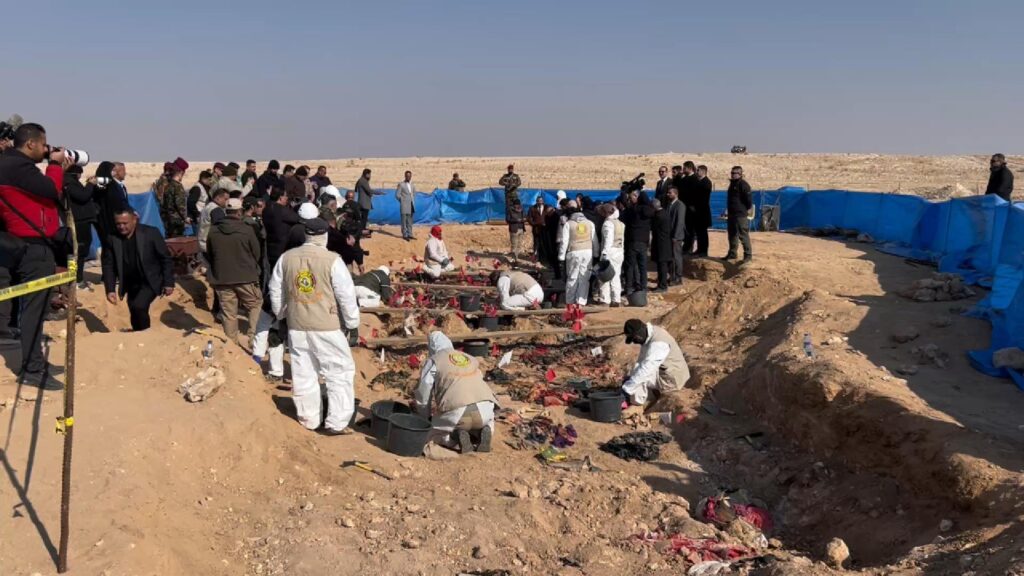Iraq: COVID-19 Situation Report No. 4, 10 March 2020
KEY MESSAGES
• 71 confirmed cases of COVID-19 in Iraq as of 10 March 2020
• Seven fatalities confirmed due to COVID-19 as of 10 March 2020
• Increased travel restrictions on both entry to Iraq and the Kurdistan Region of Iraq (KRI), and between Iraq and KRI
• First suspected cases recorded in an IDP camp; health protocol measures in place
• World Health Organization dispatches supplies and medical devices to Iraq
• Closure of public spaces, buildings, offices and schools continues
• Ministry of Trade states there are sufficient food stocks
SITUATION OVERVIEW
The first recorded case of COVID-19 (also colloquially known as “coronavirus”) was recorded in Iraq on 24-February, in the city of Najaf.
Since then, 70 additional cases have been confirmed; 57 in federal Iraq and 14 in the Kurdistan Region of Iraq (KRI). So far, 14 governorates have recorded cases. Seven fatalities due to COVID-19 have been confirmed.
Travel restrictions in both federal Iraq and KRI have increased, and are now in place for nationals of or travelers from Iran and 12 other countries, including most recently Turkey, France, Spain and Nigeria (Iraqi citizens, diplomats and official delegations excepted). Passenger flights originating in Turkey continue to be suspended from landing in Iraq by the Turkish authorities. Qatar has temporarily barred travellers from 14 countries—including Iraq—as of 9 March, although reportedly passengers can continue to transit through the international airport in Doha. Internal travel restrictions are also on the rise, with Ninewa authorities requesting that all residents return to the governorate prior to borders being closed, and provincial authorities in Karbala and Najaf—home to Shia holy sites—reportedly refusing entry to non-residents. Basra officials have stated that non-residents cannot enter without a medical examination and disclosure of their stated business in the province.
The Kurdistan Regional Government has stated it will refuse entry to travelers arriving from federal Iraq if they do not have a valid six-month KRI residency permit. OCHA is working to ensure that humanitarian activities can continue.
On 7-March, Committee 55 (the Government of Iraq Crisis Cell) ordered the closure of public spaces, such as malls, cinemas, cafes, restaurants, and swimming pools until further notice, an order which was replicated in the KRI. The closures of schools and universities has been extended. The KRG has announced a two-week closure of governmental institutions until 29-March. There have been mixed reports from the Government of Iraq if similar measures have been enacted, but the work of government offices has been curtailed in many respects. Committee 55 also ordered the suspension of commercial cargo transport from Iran and Kuwait until further notice, although trade continues with other countries. The Ministry of Trade has stated that there is sufficient food stocks in the country and price gouging should not take place.
The first suspected cases of COVID-19 were documented in an IDP camp in Ninewa; the affected persons were transported to hospital, and a makeshift isolation unit was put in place. Sterilization activities are under way. On 9-March, the COVID19 Emergency Cell chaired by the Humanitarian Coordinator discussed contingency plans on what to do if additional movement restrictions were issued for IDP camps. Key messages on health and hygiene were drafted by relevant actors, translated into Arabic and Kurdish, and disseminated among all partners working with IDP populations. Many camps are implementing temperature screenings at camp gates, and disinfectant spraying of public areas in camps is underway in Kirkuk and Sulaymaniyah.
The WHO has dispatched a delegation of experts and a shipment of medical equipment to Iraq. A team of COVID-19 experts and equipment from China was also welcomed by the Ministry of Foreign Affairs.



